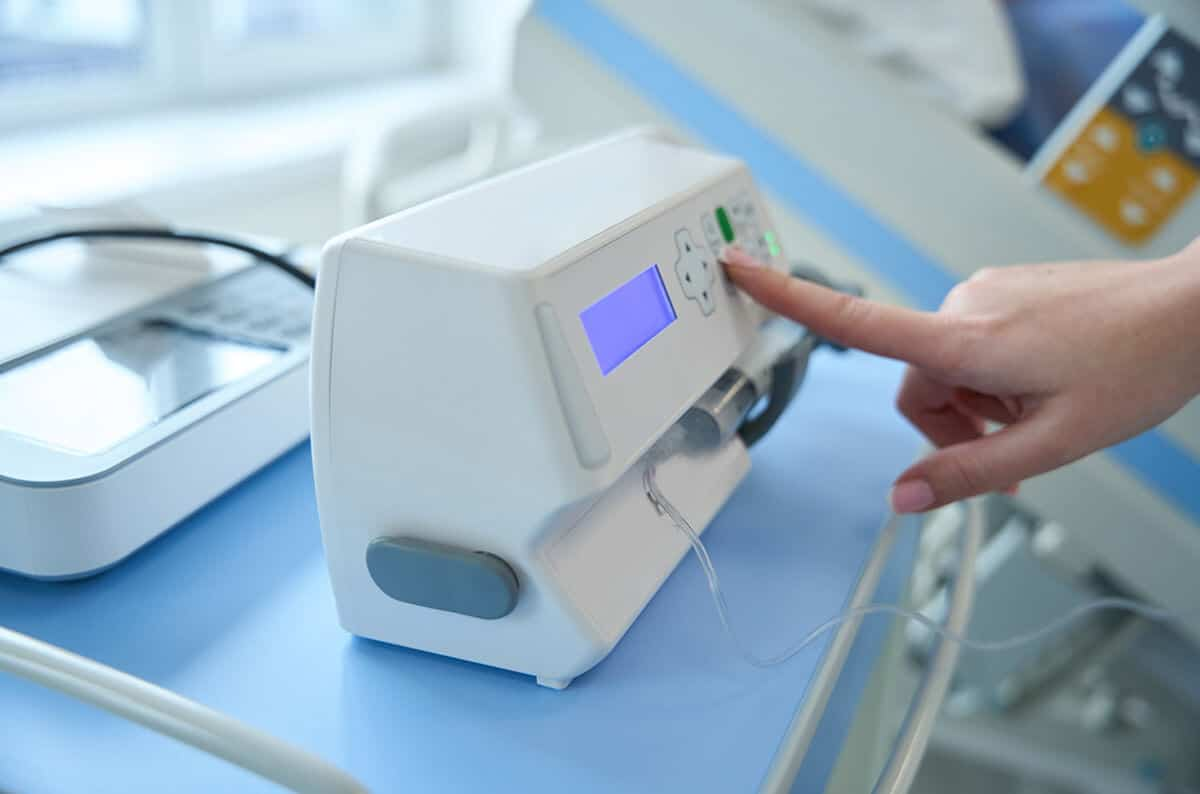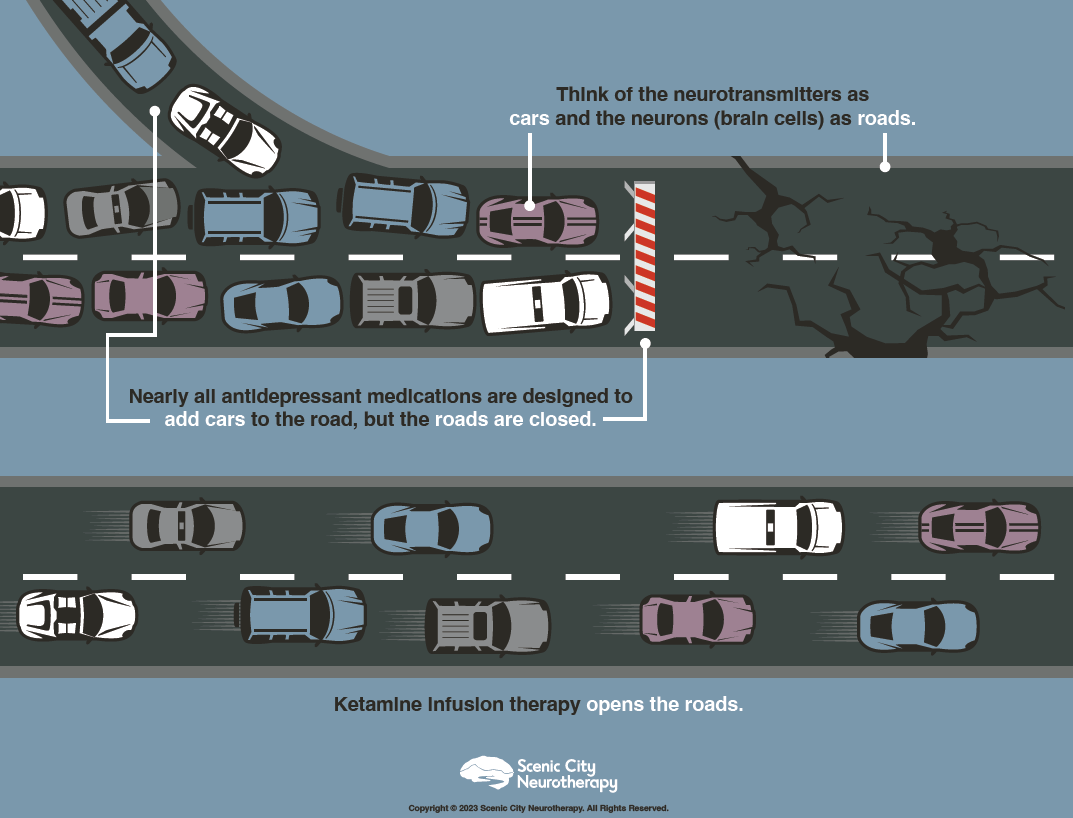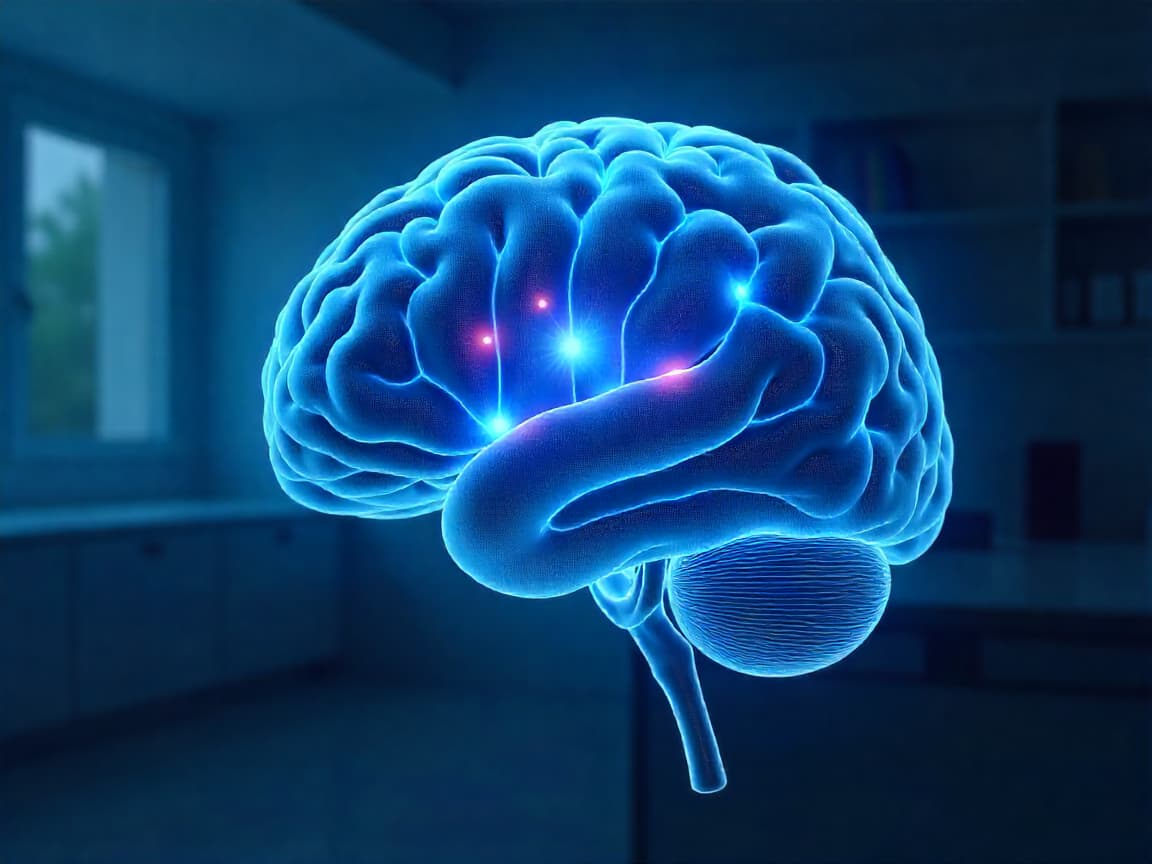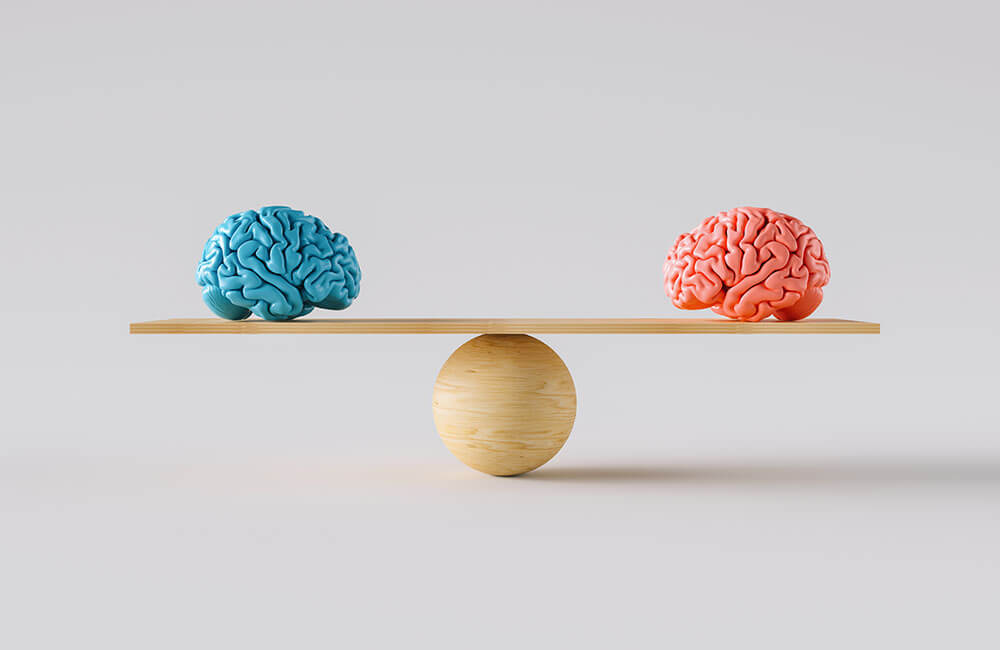The Science Behind Transcranial Magnetic Stimulation (TMS) Therapy: Life After Treatment
What Happens After TMS? Understanding the Long-Term Impact
By Charles Miller, CRNA, CMO, Founder of Scenic City Neurotherapy
Transcranial Magnetic Stimulation (TMS) therapy is a life-changing treatment for individuals struggling with depression, anxiety, and OCD. While many people focus on what happens before and during treatment, understanding what to expect after completing TMS therapy is equally important.
At Scenic City Neurotherapy (SCN), we believe that the post-TMS phase is crucial for sustaining progress and maintaining mental well-being. In this guide, we’ll explore the long-term effects of TMS, how to maximize its benefits, potential follow-up care, and answers to common questions about life after TMS. Prefer a video format? Watch here: Post-Treatment Guidance for Transcranial Magnetic Stimulation.
Post-TMS Expectations: What You Might Notice After Treatment
TMS therapy doesn’t have an abrupt ending, as your brain continues to adjust and strengthen neural connections even after your sessions conclude. Here’s what you might experience:
1. Gradual or Immediate Improvement
Some patients experience mood improvements within weeks of starting TMS, while others see gradual changes over months. Tracking your progress and staying patient is key.
After your treatment, you’ll participate in a follow-up phone call with our Care Team to check in on your progress.
Reflect on how you’re feeling:
- Daily Mood: Is your mood where you want it to be?
- Energy Levels: Are you noticing improvements in your energy or mental stamina?
- World Perception: How do you feel about your interactions and environment?
- Coping and Growth: Are you developing healthy coping mechanisms and finding ways to grow personally? During this time, it’s important to stay engaged with your counselor, as they will be a key part of your ongoing support.
To help us understand how things are going, we recommend you continue completing the PHQ-9 and GAD-7 assessments daily. These tools are helpful in tracking your progress and making any necessary adjustments to your care.
2. Increased Energy and Emotional Balance
Many patients report feeling lighter, more energized, and emotionally balanced. Everyday tasks that once seemed overwhelming may feel easier, and your overall outlook on life may become more positive.
3. Long-Lasting Mood Stability
TMS strengthens the prefrontal cortex, which is responsible for emotional regulation. This means that even after treatment, your brain will more effectively integrate the tools learned in counseling, helping you manage stress and maintain emotional stability.
4. Potential Need for Maintenance Sessions
For some individuals, booster sessions may be needed if symptoms gradually return. As you move forward, we will work together to design a maintenance plan that fits your schedule and individual needs. If you notice dips in your mood and think you might need additional treatment, consider the following:
- Assess Your Daily Well-Being: Pay attention to how you’re feeling day-to-day, including your energy levels and overall mood.
- Evaluate Engagement: Reflect on your interactions with the world and how well you’re managing daily activities.
- Notice Unexplained Declines: If you experience a significant decline in your mood over a week without any obvious causes, such as major life events, reach out to us for support.
Know that booster sessions are not a failure; they’re a safety net to keep your plasticity optimal while you make medication changes, optimize your environment, and address the logistics of your life.
What If I Don’t Feel Better After TMS?
While TMS is highly effective, not everyone responds the same way. If you haven’t experienced the level of improvement you expected, don’t lose hope! There are alternative strategies and adjustments that can be made, such as:
- Did you experience a particularly challenging day?
- Do you need a booster treatment?
- How do you feel about your interactions and environment?
- Are your medications due for an adjustment?
- Are you developing healthy coping mechanisms and fostering personal growth?
- Are you staying engaged with your counselor?
- Should you consider adjunct therapies like Minimally Stimulated Ketamine Infusion Therapy (MSKIT®)?
The key is to communicate openly with your Care Team about your progress. At SCN, we are committed to helping you find the right path to long-term relief.
How to Maximize the Benefits of TMS Therapy
TMS therapy is only one part of a comprehensive mental health plan. Here are some strategies to enhance and prolong its benefits:
1. Continue Therapy and Counseling
TMS helps reset the brain’s neural pathways, but therapy can reinforce these changes by teaching new coping mechanisms. Consider continuing Cognitive Behavioral Therapy (CBT), psychotherapy, or group counseling to support your mental health journey.
2. Prioritize Sleep and Stress Management
A healthy sleep routine and stress management techniques can significantly impact your mental well-being. Practices such as:
- Mindfulness and meditation
- Deep breathing exercises
- Consistent sleep schedules can help reinforce the neurological improvements from TMS.
3. Maintain a Healthy Diet and Exercise Routine
Proper nutrition and physical activity are essential for brain health. A balanced diet rich in omega-3s, leafy greens, and lean proteins can support mood regulation, while regular physical activity releases endorphins that naturally boost mental health.
4. Stay Socially Connected
Isolation can contribute to depression and anxiety. Engaging in hobbies, spending time with loved ones, and joining support groups can reinforce positive mental health habits and prevent relapse.
How Long Do TMS Results Last?
Research shows patients achieve 70% remission os symptoms with Classic (rTMS) and 90% with SNT. The benefits can last months to years, depending on lifestyle, stress levels, and mental health care.
If you experience a persistent emotional decline for five days where your feelings don’t align with your current environment, a booster session may help. This could occur at various points, such as six weeks, two months, or even a year after the initial treatment course.
By rewiring neural pathways, TMS helps break persistent negative thought patterns that fuel poor mental health. Long-term success depends on integrating healthy habits and follow-up care. Patients who prioritize themselves, positive coping mechanisms, and ongoing therapy tend to maintain results longer.
Can TMS Be Combined with Other Treatments?
Yes! At SCN, we offer advanced treatment options such as ketamine-assisted TMS, which has shown remarkable results in enhancing neuroplasticity and long-term mood stability. Many patients also continue using medication, therapy, or alternative treatments alongside TMS to support their mental health.
As you start feeling better, keep in mind that some medications which were once helpful might no longer be necessary and could even hinder your progress.
- Assess: If, despite improvements in your life, you’re feeling emotionally numb, it might be time to reassess your medication plan.
- Align: Ensure your personal treatment goals align with what your medication is designed to achieve.
- Adapt: Allow yourself space to adapt and relearn how to fully experience your emotions—whether they are intense, joyful, or sad.
Always consult with your provider when making changes to your medication. If needed, you can reintroduce medications later. The goal is to find what works best for you at each stage of your recovery.
Our team will work with you to create a personalized aftercare plan based on your unique needs.
Why Choose Scenic City Neurotherapy for Your TMS Journey?
At Scenic City Neurotherapy, our care doesn’t stop when treatment ends. We offer:
- The SNT Protocol to maximize long-term success
- Neuronavigation Technology to ensure precise and effective treatment
- Follow-up care meetings to track progress and tailor maintenance plans to your needs
- Ketamine-assisted TMS to enhance neuroplasticity support
We are dedicated to ensuring our patients achieve lasting mental health improvements and receive ongoing care and support throughout their journey.
Take the Next Step in Your Healing Journey
Completing TMS therapy is a significant achievement, and we are here to support you as your mental health journey continues. If you have questions about post-TMS care, potential maintenance treatments, or additional options, we are here to help.
Explore Your Next Steps:
- Visit our TMS Therapy webpage to learn more about life after TMS
- Read our Pre-TMS blog to understand the full treatment process
- Call our Care Team at 423-228-0579 to schedule a follow-up meeting and discuss your long-term care plan.
- Schedule a no-cost consultation to explore whether TMS or a different treatment option is right for you.
At Scenic City Neurotherapy, we’re committed to supporting you every step of the way. Contact us today to continue your healing journey!
About Scenic City Neurotherapy
Founded in 2019, Scenic City Neurotherapy is at the forefront of advanced and comprehensive treatments for those facing treatment-resistant conditions. Our mission is to optimize brain function and elevate well-being through cutting-edge therapies. We specialize in two pioneering approaches: Minimally Stimulated Ketamine Infusion Therapy (MSKIT®) and Transcranial Magnetic Stimulation (TMS).
If you are exploring innovative solutions for mental health, chronic pain, and other neuro-degenerative conditions, Scenic City Neurotherapy offers transformative treatment options. Join us in leading the charge towards groundbreaking brain optimization treatments and empowering individuals to reclaim their lives.
Contact Founder and Chief Medical Officer, Charles Miller today to learn more about our proven protocols for Minimally Stimulated Ketamine Infusion Therapy (MSKIT®). Call 423-228-0579 or visit www.ScenicCityNeuro.com.
